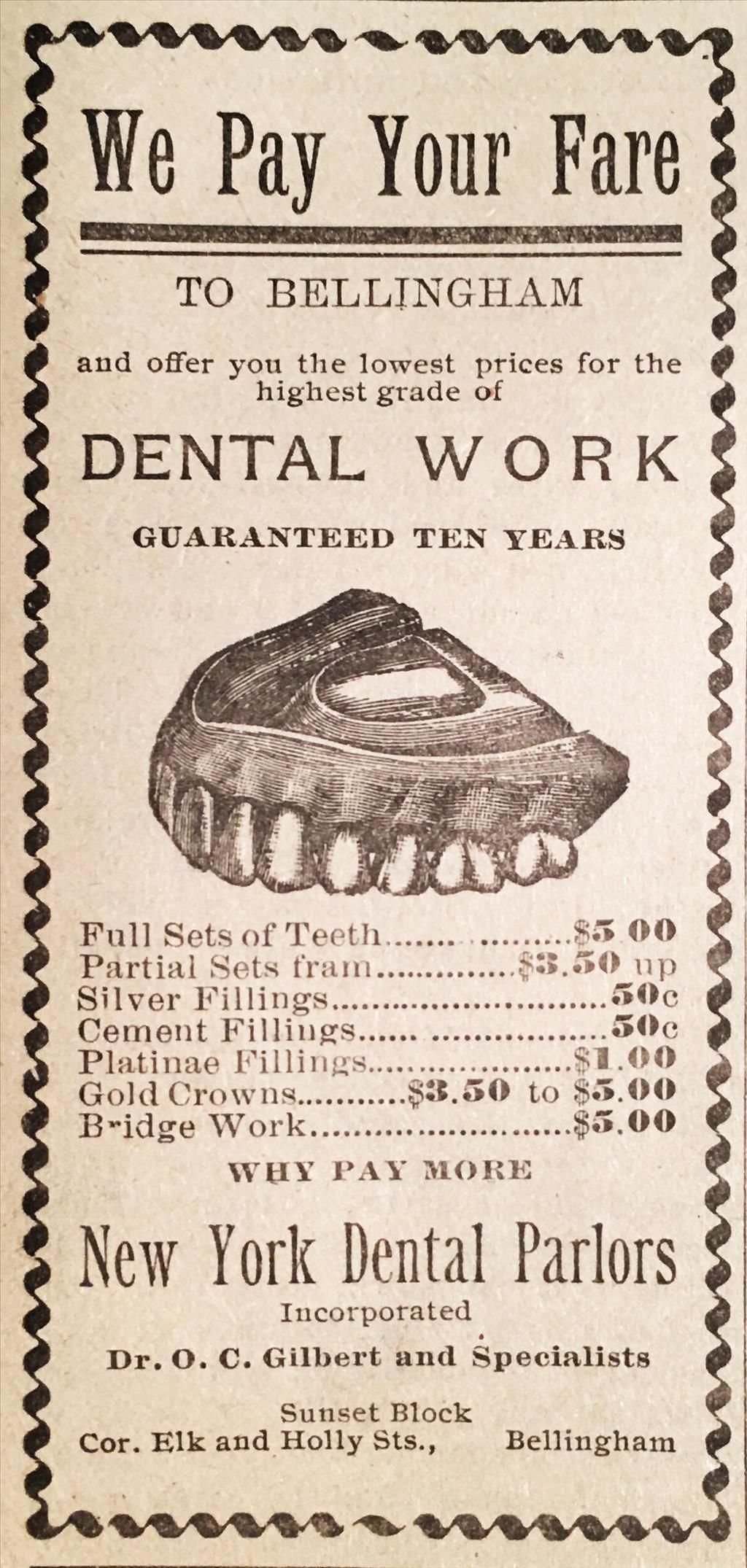Hygiene In the 1860's: Part 1 Teeth

Amy Lola private collection, mid to late 1850's .
This is going to be a series of posts about hygiene in the 1860's. There are so many inconsistencies and rumors as to how people of the period actually cared for their selves. Granted, all we have are the suggestions of period sources, what an individual decided to do was their own prerogative.
We will be looking at certain period books and magazines and seeing what was suggested in them to encourage good hygiene practices.

bone teeth toothbrushes, Philadelphia Museum.
1. 1860's people encouraged brushing teeth every day or even after every meal. They thought plaque and food between teeth were just as disgusting as we do today! As well as protecting their "pear
Godey's 1864 included in their Reciepts for the month of
"Horace Walpole says, use a bit of aluni twice or thrice in a week, no bigger than half your nail, till it has all dissolved in your mouth, then spit it out. This has fortified my teeth, that they are as strong as the of Junius. I learned it of of Mrs Grosvenor, who has not a speck in her teeth until her death." Do not let your brushes be too hard, as they are likely to injure the gums and injure the enamel. Avoid the frequent use of tooth powder, and be very cautious what kind you buy, as many are prepared with destructive acids. Those who brush their teeth carefully and thoroughly with tepid water and a soft brush (cold water should never be used, for it chills and injures the nerves) have no occasion to use powder. Should any little incrustation (tartar) appear on the sides or at the back of the teeth, which illness and very often the constant eating of sweetmeats, fruit, and made dishes containing acids will cause, put a little magnesia on your brush, and after two or three applications it will remove it. While treating on the care of the teeth, which is of the highest importance to those who have young families and in fact everyone who wishes to preserve them, I beg to remind my readers that as the period generally occupied by sleep is calculated to be about (at least) six hours out of the twenty-four, it would greatly promote the healthful maintenance of the priceless pearls whose loss or decay greatly influence our appearance and our comfort, we were to establish a habit of carefully cleaning them with a soft brush before going to bed. The small particles of food clogging the gums impedes circulation, generate tartar and caries, and affect the breath. Think of the multigation of cheese, flesh, sweatmeats, fruit, etc., in a state of decomposition, remaining wedged between our teeth fir six or seven hours; yet how few ever take the trouble to attend to this most certain cause of toothache, discoloration, and decay, entailing the miseries of scaling, lugging, extraction, and the crowning horror - false teeth!" Godey's 1864
Uploaded by private individual to pinterest. Estimated 1860
2. Dental care was encouraged, there one could have a tooth pulled, a filling placed, or a root canal.
Another Post in Godey's Volume 68-69, page 93.
"1st. Let care be given to the teeth of children. Deciduous teeth (first set) may be extracted too soon, or left too long. IF the fangs of the first teeth are absorbed, drop out, and give space to the second, all will be well. But if they appear on either side of the arch, lose no time in applying to a good dentist.
2d. When a concretion of tartar collects upon the teeth of a person of any age or sex, lose no time in applying to a dentist for its removal. Many lament the loss of teeth from this concretion alone.
3d. When a tooth becomes sensitive from taking cold or warm drink, or a cavity appears ever so small, lose no time in applying to a judicious dentist, as many teeth are totally lost by not timely being filled with metal. But when filled with proper materials and by a skillful dentist, it will preserve them, not for a few months only, but for a whole life. The bad effects produced by bad breath, occasionally by one or more diseased teeth, are not of small consideration. If the effects produced by such breath be so extremely unpleasant to the olfactory nerves of other individuals, what must be the effect upon the delicate tissues of our own lungs?
4th. All teeth to much decayed to be saved by plugging and all roots, should be extracted, lest they injure the health of the general system.
5th. Lost teeth should be artificially restored, since they are rendered at once permanent, beautiful, and answer all reasonable expectations of the patient as regards articulation, mastication, and natural appearance"

3. The Original cast used mouthwash to combat bad breath.
Godey's 1861, vol 62-63 pg 172.
"Tincture for the teeth- Take of Floreutine iris root eight ounces, bruised cloves one ounce, ambergris one scruple. Bruise the root, and put the whole ingredients into a glass bottle, with a quart of rectified spirits of wine. Cork close, and agitate it once a day for a fort-night, keeping it in a warm place. about a teaspoonful is sufficient at a time; in this a soft tooth-brush should be dipped, and then worked into a lather on the teeth and gums. IT cleanses the teeth, strengthens the gums, and sweetens the breath. Apply the tincture in the morning, and before retiring to rest.




Comments
Post a Comment